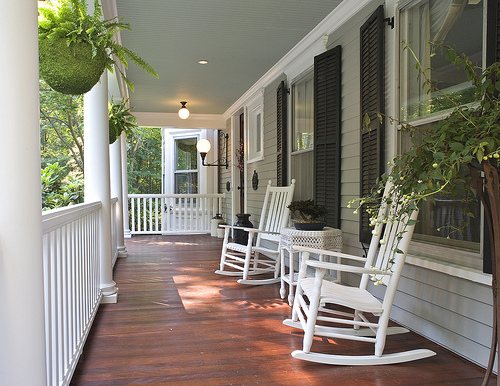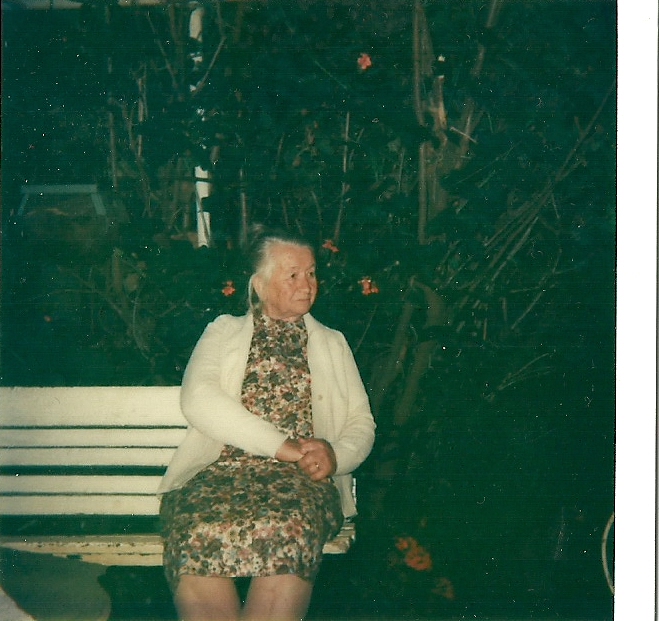 Today I want to tell you about my oldest friend. Not “oldest” in the sense of being geriatric, but “oldest” in the sense of being the person who has put up with my nonsense for longer than anyone else.
Today I want to tell you about my oldest friend. Not “oldest” in the sense of being geriatric, but “oldest” in the sense of being the person who has put up with my nonsense for longer than anyone else.
I met Jenny at the start of fifth grade, when we were both new kids at our school. I remember us standing together at the front of the classroom on our first day, being introduced to our new classmates. Both of us felt as if we were different to the other kids in our class, but we felt an immediate kinship with each other. By recess that day, we had become best friends.
Over the next several years, as we saw friendships form and dissolve all around us, Jenny and I were inseparable. Her personality balanced perfectly with mine. She was the one who was good at art, I was the one who was good at math. She was bubbly and outgoing, I was more reserved. Our core values were the same, and we had enough common interests to be able to bond. But we also had enough diversity to retain our own individuality.
I was shy and socially awkward as a teenager. The only person I could really open up to and be completely myself with was Jenny.
When we were in high school we made a promise to each other, that we would be friends forever, and that when we were old ladies, we would sit together on a porch doing our knitting. When we discovered just how crap at knitting I am, we amended the promise. She would do the knitting, and I would keep the coffee flowing. We’re planning to be manic old ladies, permanently buzzing from caffeine.
In my late teens and early twenties, my life went a little weird. I went away to university, and when I came back, I had learned some very difficult lessons from the School of Hard Knocks. I’m not sure if Jenny realizes how much of a salvation she was for me at that time. I was feeling out of sorts, and she was my friend. I was feeling directionless, and she got me a job in the same office where she was working. I felt adrift, and she was my safe harbour. She helped keep me grounded.
And then, to my eternal shame and regret, I let her down. I did something that hurt her, and that cost me the only true friendship I had ever had.
Life went on, but I never stopped thinking of Jenny and kicking myself for my own stupidity.
A few years after my split with Jenny, I had installed myself in a solid career and bought my own apartment. One evening after I got home from work, my phone rang. I did not immediately recognize the voice on the other end, but then the realization dawned on me: “Holy crap, it’s JENNY!”
We went out for pizza and caught up. I told her I was sorry. She said she forgave me. I cried – tears of regret at having hurt her, and tears of joy that I had my best friend back.
And I really did have her back. Over the next several years, we stood by each other for all of life’s major events. I caught the bouquet at her wedding. When she had a baby she asked me to be the godmother. When I became a mom myself, she was the first person I called when I came home from the hospital. She comforted me at my dad’s funeral, and although she couldn’t be there for my wedding, I know she was thinking of me.
The strongest of friendships can survive any storm. Jenny and I had our storm, and it was a big one. But in the end, our friendship survived, and endures to this day, even though we live on opposite sides of the world.
At some point a few decades from now, a porch somewhere will be waiting for two old ladies, one doing her knitting, the other making coffee.










